JLR’s Circularity Lab leads an industry breakthrough by creating closed-loop recycled seat foam for luxury vehicles. This innovation addresses recycling challenges, reduces emissions, and supports the Reimagine strategy for an all-electric future.
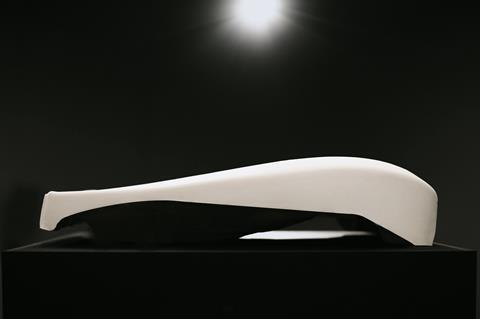
Jaguar Land Rover (JLR) has achieved a pivotal breakthrough in automotive sustainability by creating closed-loop recycled polyurethane (PU) seat foam for use in its luxury vehicles. Developed in collaboration with Dow (chemicals, and materials science) and Adient (American-Irish automotive seating company). The innovation marks a first for the industry, with the project further iterating on JLR’s commitment to circular economy principles as the company transitions to an all-electric future under its Reimagine strategy.
“[The solution] represents a collective commitment to doing things differently, challenging us to rethink our approach from all angles to find the solutions needed to design and build the cars of the future”
- Andrea Debbane, Chief Sustainability Officer, JLR
The technical challenge of recycling PU seat foam has long been a stumbling block due to its durability and complex composition. Historically, such materials have ended up in landfill, persisting in the environment for generations.
By reintegrating recycled seat foam into new vehicle production, JLR is able to reduce waste while ensuring a secure supply of low-carbon seat materials, cutting emissions while maintaining performance.
JLR’s Circularity Lab reimagines sustainability through collaboration
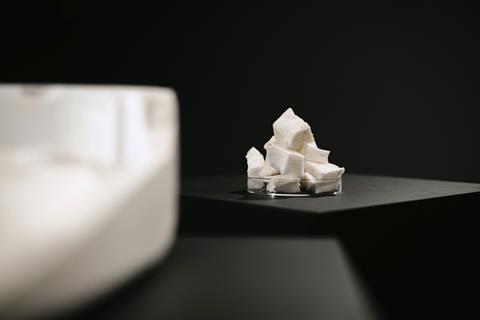
The breakthrough is the result of research at JLR’s Circularity Lab in Gaydon. The initiative brings together cross-disciplinary teams of engineers, designers, and sustainability experts alongside external partners to address the recyclability of vehicle materials.
The lab’s approach—disassembling vehicles to learn through practice—has proven instrumental in overcoming barriers to material reuse and recycling.
“Through chemical and advanced recycling processes, this breakthrough depolymerisation closed-loop recycling solution meets the requirements and maintains the superior comfort and quality of JLR seats”
- Jon Penrice, Mobility President, Dow
Sustainable foam that reduces CO2 emissions by 44 kg per seat (or 3,000 smartphones worth)
Production-scale testing of the closed-loop seat foam will begin in 2025, with pre-production vehicles already integrating the material. The foam is part of a new ‘circular seat’ design that reduces CO2 emissions by 44 kilograms per seat, equivalent to the energy needed to charge nearly 3,000 smartphones.
Andrea Debbane, JLR’s Chief Sustainability Officer, celebrated the achievement, stating, “I am so excited about the potential of this way of working. It represents a collective commitment to doing things differently, challenging us to rethink our approach from all angles to find the solutions needed to design and build the cars of the future.”
“By leveraging recycled polyurethane, we are setting new benchmarks for environmental responsibility while ensuring our products deliver the luxury and comfort our customers expect”
- Mick Flanagan, Vice President of the Customer Group at Adien
Both internal and external collaborative innovation as sustainability driver
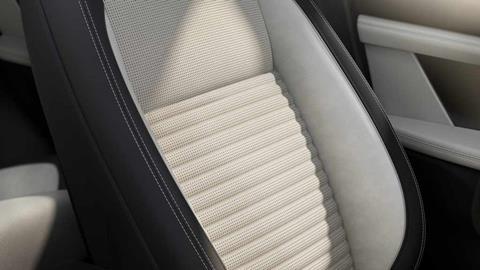
This milestone was achieved through partnerships with Dow and Adient. Dow’s MobilityScience programme and RENUVA initiative played a critical role in the project, with the latter converting end-of-life materials into new raw circular inputs.
Jon Penrice, Mobility President at Dow, emphasised the importance of collaboration, saying, “Through chemical and advanced recycling processes, this breakthrough depolymerisation closed-loop recycling solution meets the requirements and maintains the superior comfort and quality of JLR seats.”
Adient, a global leader in automotive seating, has also been integral to the project.
Mick Flanagan, Vice President of the Customer Group at Adient, highlighted the significance of the innovation, saying, “by leveraging recycled polyurethane, we are setting new benchmarks for environmental responsibility while ensuring our products deliver the luxury and comfort our customers expect.”
Read more JLR stories
- Putting sustainability at the centre of strategy: JLR
- How JLR boosts training to build electric cars
- Chery-JLR announce strategic Freelander EV collaboration for China
- JLR ends SUV production at Magna Steyr amid electric shift
Concentrated carbon-cutting in JLR’s Circularity Lab
JLR’s Circularity Lab tackles a variety of challenges associated with end-of-life vehicle recycling, such as the difficulty of separating mixed materials. The lab’s data informs vehicle development to ensure that materials like glass, steel, aluminium, and polymers can be reintroduced into production without compromising quality.
For instance, an earlier Circularity Lab project streamlined polymer use in front bumpers, delivering identical performance while saving 177,500 kilograms of CO2 across a model line. This initiative also reduced costs by £560,000, demonstrating how sustainability and efficiency can coexist. JLR has already demonstrated leadership in closed-loop systems through a separate project recycling aluminium waste from body panel stamping.
The creation of a new aluminium grade tailored to closed-loop recycling underscores the importance of supplier collaboration in achieving such advancements.
“The closed-loop seat foam is a landmark achievement for JLR”
As an Ellen MacArthur Foundation Network Partner, JLR continues to apply circular economy principles to its operations. Beyond materials recycling, the company is refurbishing and redeploying industrial equipment to optimise energy use and minimise environmental impact during its transition to all-electric production.
The closed-loop seat foam solution is already being marked as an achievement for both JLR and sustainable automotive manufacturing, further reflecting the carmaker’s ambition to lead the automotive industry in sustainable innovation.





























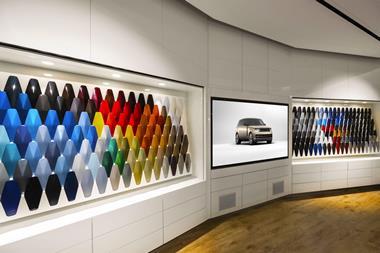

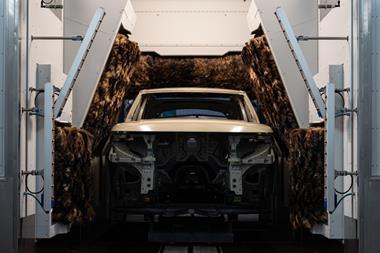
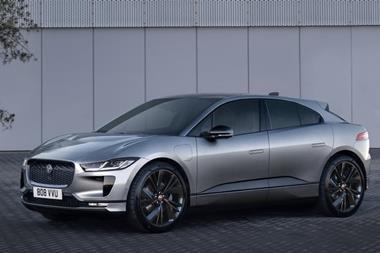
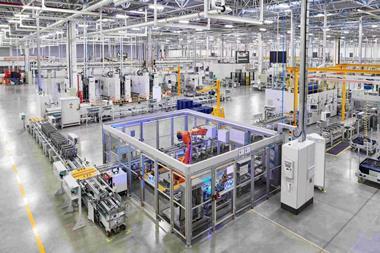
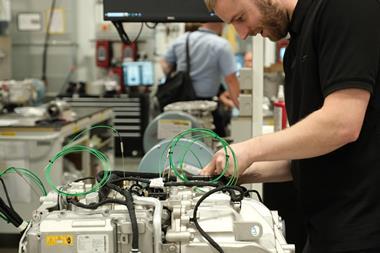



No comments yet